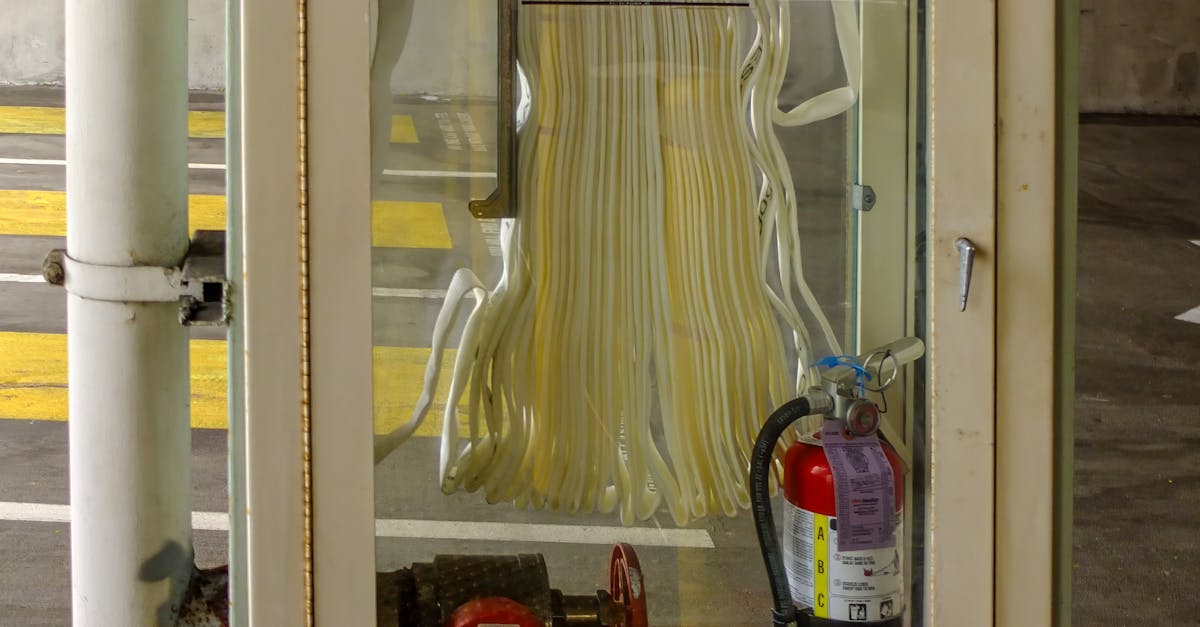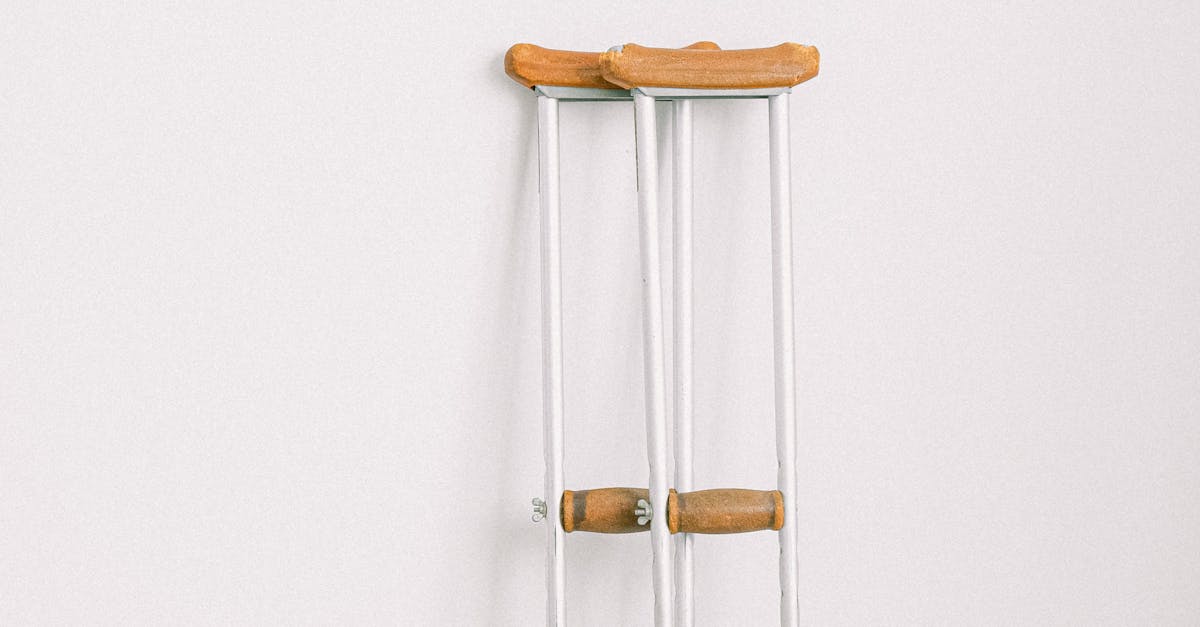
Table Of Contents
Proportions
When it comes to drain cleaning, the amount of salt you use can significantly impact its effectiveness. A common recommendation is to use approximately one cup of salt for standard-sized drains. This quantity helps to ensure that the salt can effectively penetrate clogs and build-up without overwhelming the pipes. It's essential to avoid using too much, as excessive salt could potentially harm the plumbing system.
In addition to quantity, consider the type of salt you are using. Coarse salt is often favoured for drain cleaning because its larger grains can be more abrasive, aiding in the removal of tough grime. If you choose to use regular table salt, increasing the amount slightly may be necessary, as it dissolves more quickly and may not have the same scrubbing effect as coarser options. Always ensure to follow up with plenty of hot water to flush the salt through the pipes effectively.
Recommended Measurements for Best Results
For effective drain cleaning, it is important to use the right amount of salt. A general guideline is to use about one cup of coarse salt for a standard household drain. This measurement allows the salt to cut through any build-up without causing damage. If you have a particularly stubborn blockage, an additional half cup can be added. Avoid using too much salt at once, as excessive amounts may lead to corrosion of the pipes over time.
In conjunction with salt, using boiling water can enhance the cleaning process. After pouring the salt down the drain, follow it with a kettle of boiling water to help dissolve and wash away debris. This method is particularly effective for removing grease and organic matter that can accumulate in drains. Regular application of this mixture can help maintain clean and functional drains throughout your home, ensuring fewer plumbing issues arise.
Frequency of Using Salt in Drains
Using salt for drain cleaning can be an effective method to maintain clear pipes. The frequency of application largely depends on the level of usage in your kitchen or bathroom. If your drains frequently experience buildups or clogs, incorporating salt into your routine monthly maintenance can help keep them clear. Regular salt application can prevent the accumulation of grease and other residues, promoting smooth water flow.
For households with more substantial cooking activity or a higher volume of wastewater, increasing the frequency to weekly treatment may be beneficial. This proactive approach can combat potential blockages before they become problematic. Observing the condition of your drains after these treatments will also guide you in establishing a suitable schedule for salt applications, ensuring optimal drain cleaning without overwhelming the pipes.
How Often Should You Apply Salt?
The frequency of using salt for drain cleaning largely depends on your household's usage and the type of plumbing system in place. As a general guideline, applying salt once a month can help maintain clear drains and prevent build-up. In areas with harder water or frequent clogs, more regular applications might be necessary. Keeping an eye on any slow drainage issues can also prompt more frequent use of salt.
In addition to the monthly routine, it’s advisable to assess your drains after any major events such as hosting visitors or during seasonal changes. If you notice odours or slow drainage, a sprinkle of salt followed by hot water can be a quick remedy. Regular drain cleaning is essential not only for hygiene but also for prolonging the life of your plumbing.
Other Natural Alternatives to Salt
Baking soda is a popular alternative for drain cleaning that offers a gentle yet effective solution. Mixing it with vinegar creates a bubbly reaction that helps to break down grime and blockages. This duo is not only effective but also eco-friendly, making it a safe choice for households looking to reduce chemical use.
Another natural option is using hot water regularly to flush the drains. This simple method can help dissolve grease and other buildup over time. Incorporating this habit helps maintain clear pipes, promoting better drainage. It works well in conjunction with other methods for a comprehensive approach to drain cleaning.
Exploring Various Drain Maintenance Solutions
There are various natural alternatives to salt that can effectively maintain drains. Baking soda paired with vinegar is a popular mixture that creates a fizzing reaction, helping to break down buildup and odours. This method not only cleans but also disinfects the pipes without harming the environment. Another option is using boiling water, which can dissolve grease and soap residues. Regular application of these solutions can support ongoing drain maintenance and keep pipes clear.
In addition to these natural solutions, commercial drain cleaning products are widely available. Many of these contain enzymes or bacteria that break down organic material in the pipes. While effective, caution is necessary as some chemical drain cleaners can be quite harsh and may damage plumbing systems if used frequently. Balancing regular cleaning with safer alternatives often yields the best results for maintaining healthy drains.
FAQS
Why should I pour salt down the drain?
Pouring salt down the drain can help break down grease, eliminate odours, and prevent clogs by acting as a natural abrasive and descaler.
How much salt should I use when treating my drains?
It's generally recommended to use about half a cup of salt for each treatment, but you can adjust the amount based on the severity of the blockage or maintenance need.
How often should I use salt in my drains?
For regular maintenance, using salt in your drains once a month is advisable. However, if you notice any issues like slow drainage, you might want to treat them more frequently.
Are there any alternatives to using salt for drain maintenance?
Yes, there are several natural alternatives, including baking soda and vinegar, lemon juice, and boiling water, all of which can help maintain clear drains without using salt.
Can using too much salt damage my plumbing?
While salt in moderation is generally safe for most plumbing systems, excessive use over time can lead to corrosion, especially in older pipes. It's best to use it sparingly and in combination with other methods.





























